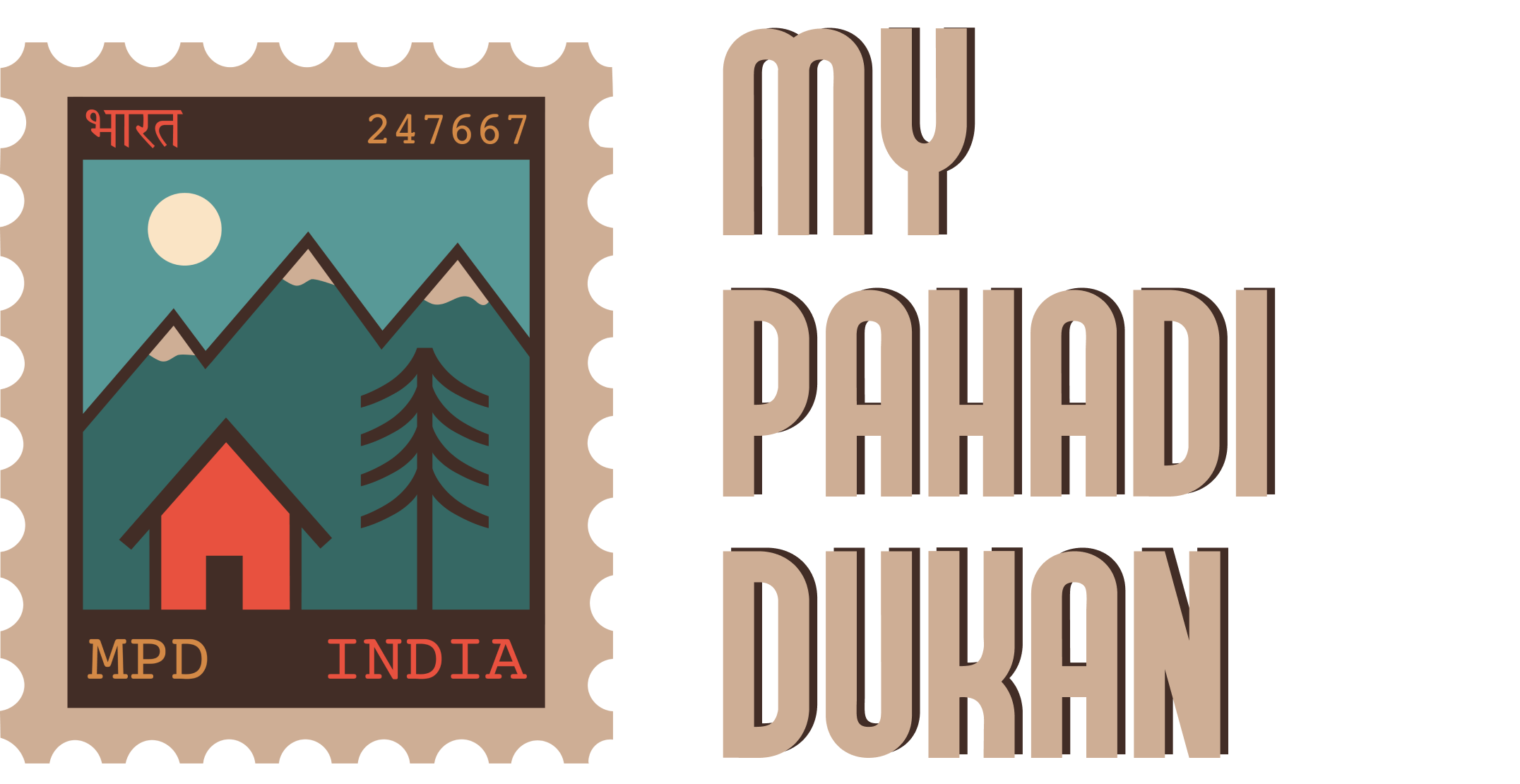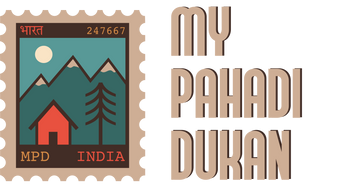Millets are mentioned more frequently these days– on health forums, fitness pages, and ingredient lists of new “clean” food brands. But what makes it worth your attention? Imagine a grain that fuels your day, steadies your energy, and supports your wellness goals. That is what millet brings to your kitchen: practical nutrition in a busy life.
Many health-conscious people search for whole foods that go beyond calories and focus on nourishment. Millet stands out because it doesn’t demand a strict diet or complicated recipes. It is about consistent nourishment that aligns with your effort to eat better and feel balanced. By the end of this read, you’ll see how millet benefits go from concept to everyday impact
What Are the Benefits of Millet?
Millet is a small, ancient grain packed with nutrients that work quietly yet powerfully in your body. When you ask, “Is millet good for you?”, the answer lies in its composition. It is gluten-free, alkaline, and easy to digest. Its slow-digesting carbohydrates make it excellent for steady energy, avoiding sugar crashes common with refined grains.
The main millet nutritional benefits include,
- High in plant-based protein.
- Rich in iron, calcium, and magnesium.
- Packed with antioxidants and dietary fibre.
- Naturally gluten-free.
You do not have to overhaul your meals. Adding a serving of millet instead of refined flour or rice shifts your daily nutrition toward balance and better metabolism.
Millet Nutrition Facts at a Glance
| Nutrient | Availability for 174 g | Function |
|---|---|---|
| Calories | 207 | Provides energy for daily activity |
| Carbohydrates | 41 g | Main source of slow-digesting energy |
| Protein | 6 g | Builds and repairs tissues |
| Fiber | 2.2 g | Supports healthy digestion and fullness |
| Fat | 1.7 g | Aids in nutrient absorption |
| Phosphorus | 25% DV | Strengthens bones and teeth |
| Magnesium | 19% DV | Regulates muscle and nerve function |
| Folate | 8% DV | Essential for red blood cell formation |
| Iron | 6% DV | Supports oxygen transport in the blood |
| Calcium (Finger Millet) | 13% DV | Maintains bone density and nerve health |
Source: Healthline
The nutritional value of millets depends slightly on the type, e.g., pearl, foxtail, finger, or barnyard millet. But all share a similar nutrient profile. Millets are rich in vitamin B-complex, which is crucial for energy metabolism, and minerals that improve muscle and nerve function.
Millets for Weight Loss
If you’re managing weight, millet can be a game-changer. Unlike many grains, It is low on the glycemic index. That means it releases sugar gradually into your bloodstream, preventing spikes that trigger hunger soon after eating.
Millets for weight loss work because they combine fibre and protein, keeping you full longer. Finger millet (Ragi) is especially known for appetite control. Replace one daily refined carb meal with millet-based food like millet bread or millet oats for sustained satiety and energy.
A quick example
- Swap your morning cereal with cooked foxtail millet and nutrient-rich berries.
- You’ll get antioxidants, slow-digesting carbs, and fibre all in one bowl.
Over time, the small change can support weight stability and reduce cravings.
Millet Bread: A Smarter Choice Than Refined Flour
Bread is comfort food, but most commercial versions rely on refined wheat, which strips away nutrients. Millet bread benefits come from natural fibre and minerals that regulate digestion and blood sugar.
Millet flour adds texture and nutty flavour while improving nutrient density. It also makes an excellent base for gluten-free baking. Combined with flaxseeds or dry fruits, millet bread provides balanced energy and a mild sweetness.
If you’ve wondered, “Is millet healthy for daily consumption?”, think of millet bread as proof. It fits neatly into a balanced diet while supporting gut health and blood sugar balance.
Millet Flour and Millet Powder Benefits
Millet flour and millet powder serve as silent nutritional upgrades in your kitchen. You can mix them into pancakes, rotis, muffins, or smoothies. Millet flour benefits include improved digestion and added minerals without altering the taste dramatically. Millet powder benefits extend to convenience. It blends easily into batters or shakes.
These subtle substitutions keep your meals nutrient-dense without demanding big adjustments. Over weeks, that consistency improves your overall dietary profile.
Building Immunity and Strength Naturally
Your immunity depends heavily on micronutrients, which millets deliver in abundance. Iron supports red blood cell formation. Magnesium aids in muscle recovery. Antioxidants from certain millets, like kodo and foxtail, protect cells from oxidative stress.
Millets for health also mean stronger bones and improved skin tone, thanks to their calcium and amino acid content. When combined with different types of dry fruits or nutrient-rich berries, millet-based meals enhance both taste and nutritional value.
Many people today look for “superfoods” in exotic ingredients, but the truth is, millet is an everyday superfood that has sustained communities for centuries.
Millet Benefits and Risks
Every food carries nuances. While millet benefits outweigh the drawbacks, understanding the balance ensures you consume it wisely. Excessive raw millet may interfere with thyroid function because of goitrogens, natural compounds found in some varieties. Cooking, roasting, or soaking millets neutralises these compounds effectively.
In moderation
- Millets are rich in nutrients that support metabolic health.
- Overconsumption without dietary variety may reduce nutrient absorption.
The solution is simple: rotate different grains. Combine millet with pulses, vegetables, and lean protein for a complete nutrient spread.
10 Uses of Millet in Daily Meals
Wondering how to include millet without turning every dish into porridge? Here are practical ways to integrate it:
- Cooked like rice for curries or stir-fry bases.
- Ground into millet flour for chapatis or breads.
- Added to salads for texture and protein.
- Mixed with oats for hearty breakfast bowls.
- Used in idlis, dosas, or pancakes.
- As a thickener in soups or stews.
- In smoothie bowls with nutritious berries.
- Combined with vegetables for millet pulao.
- Turned into snacks like millet laddoos.
- Baked into granola bars for travel-friendly nutrition.
Which Millet Is Good for Health?
If you’re wondering “which millet is good for health”, the answer depends on your specific needs.
- Foxtail millet: Great for blood sugar balance
- Finger millet (ragi): Rich in calcium for bone strength
- Pearl millet (bajra): Supports heart health
- Barnyard millet: Low-calorie option for weight management
- Little millet: High in fibre for digestive health
Rotate these varieties weekly. That variety supports a complete millet diet that stays interesting and nutritionally balanced.
Millet Diet For Everyday Nutrition
A millet diet does not need to be strict. Think of it as a base that enhances whatever you’re already eating. Replace one refined-carb meal with millet daily. You might start with millet oats for breakfast, millet bread for lunch, or a warm millet porridge for dinner.
Pair your millet dish with fresh vegetables or different types of dry fruits. The combination provides vitamins, antioxidants, and good fats.
Millets also digest slowly, so your energy remains stable through the day. It is a natural way to reduce mid-morning or late-night cravings.
Is Millet Good for Health Long-Term?
Long-term millet consumption has been linked with lower risks of cardiovascular disease, improved blood sugar control, and better gut microbiota. So, is millet good for health? Yes, when integrated mindfully.
It's complex carbohydrates and fibre support insulin sensitivity. Antioxidants from polyphenols protect against inflammation. For people with gluten intolerance, millet provides an easy alternative that doesn’t compromise taste or texture.
You can enjoy millets in salads, porridges, or even baked goods without worrying about heaviness or fatigue afterwards.
Final Thoughts
When you explore what are the benefits of millet, you realise it is about returning to balance. Millets are simple grains that have complex nutrition. They blend into your diet without drama yet bring measurable changes in health.
From millet bread to millet oats, every variation supports your effort to eat clean and live consciously. The future of health-focused eating relies on rediscovering humble grains that work hard for your well-being.
Start with one millet meal today. Notice how your body feels steadier, your hunger stays satisfied, and your energy lasts longer. It sets the prescience.
Also check
- Turmeric Milk Benefits
- Natural Leaves for Hair Growth and Scalp Health










